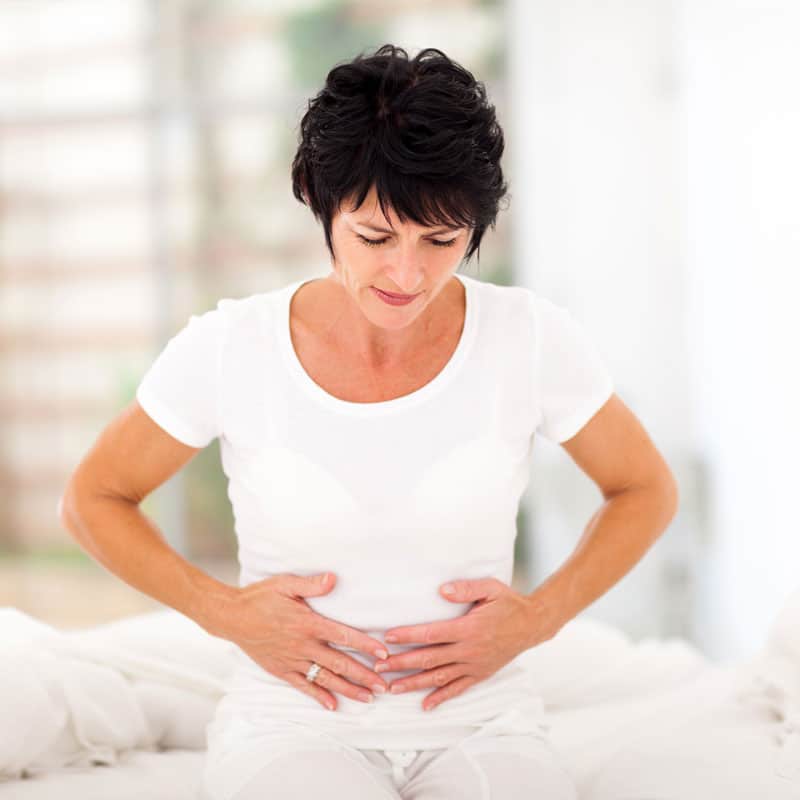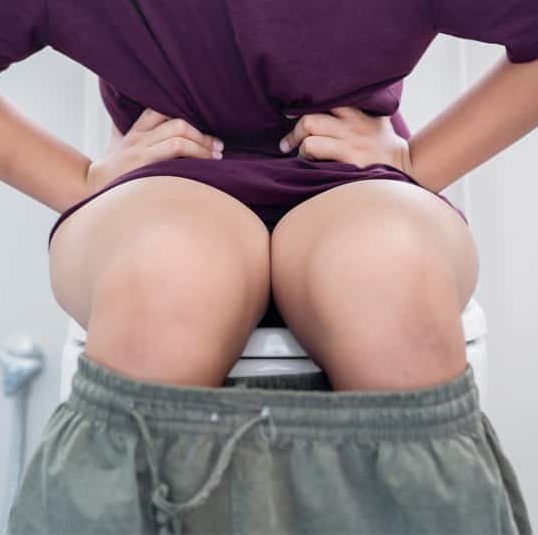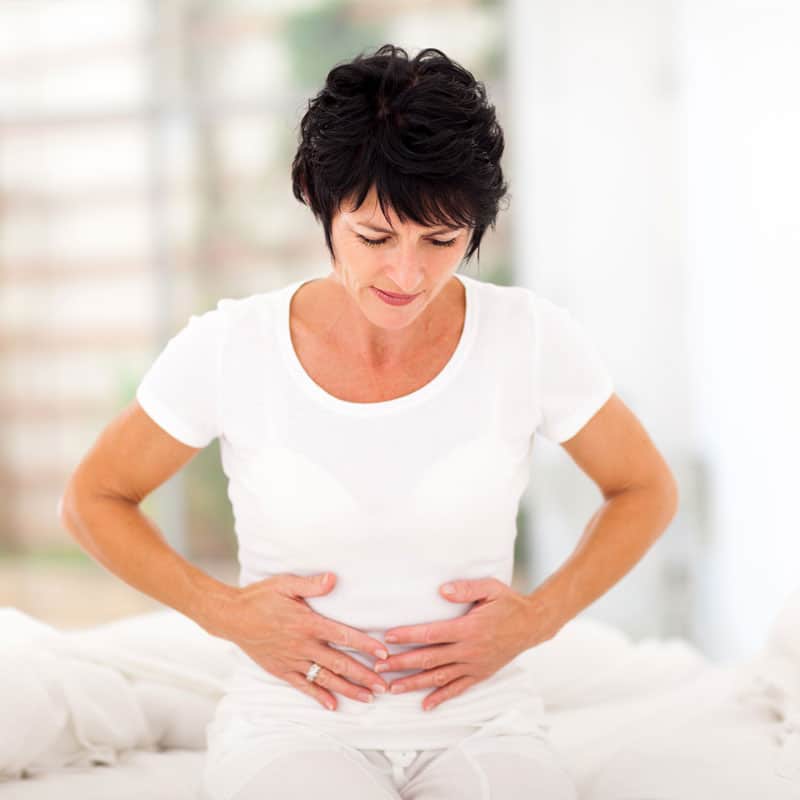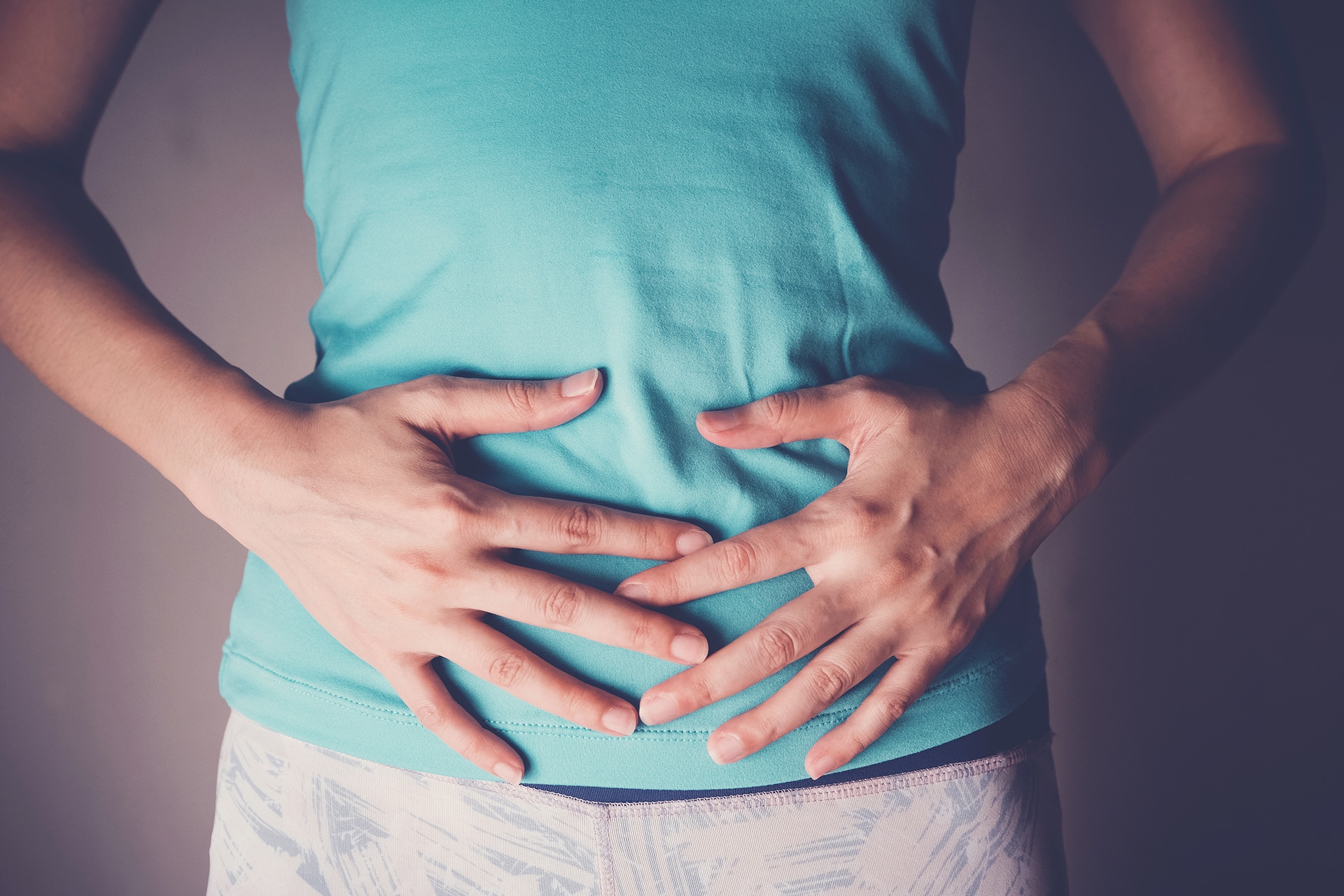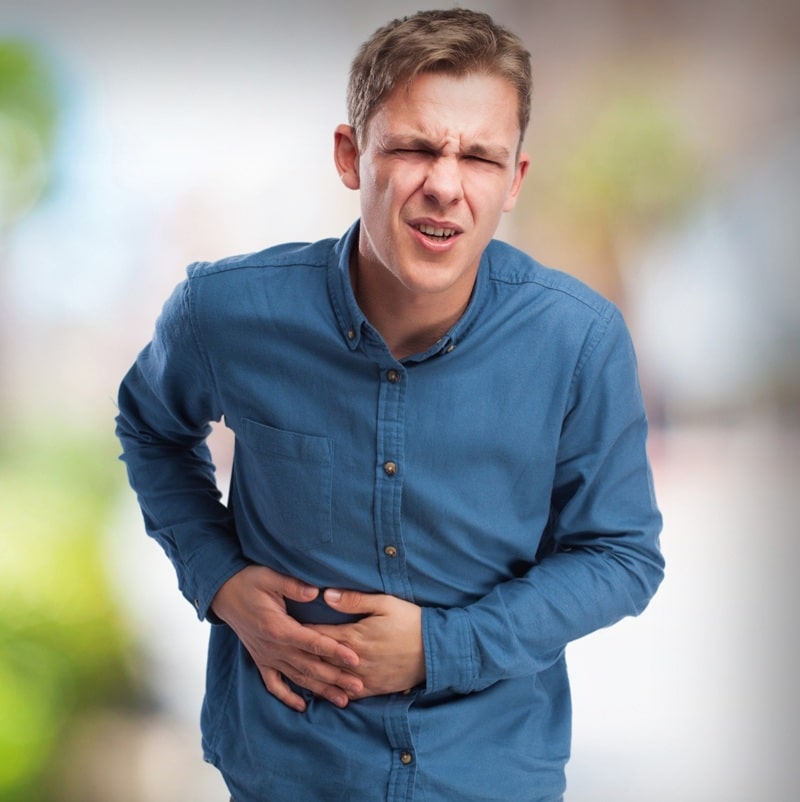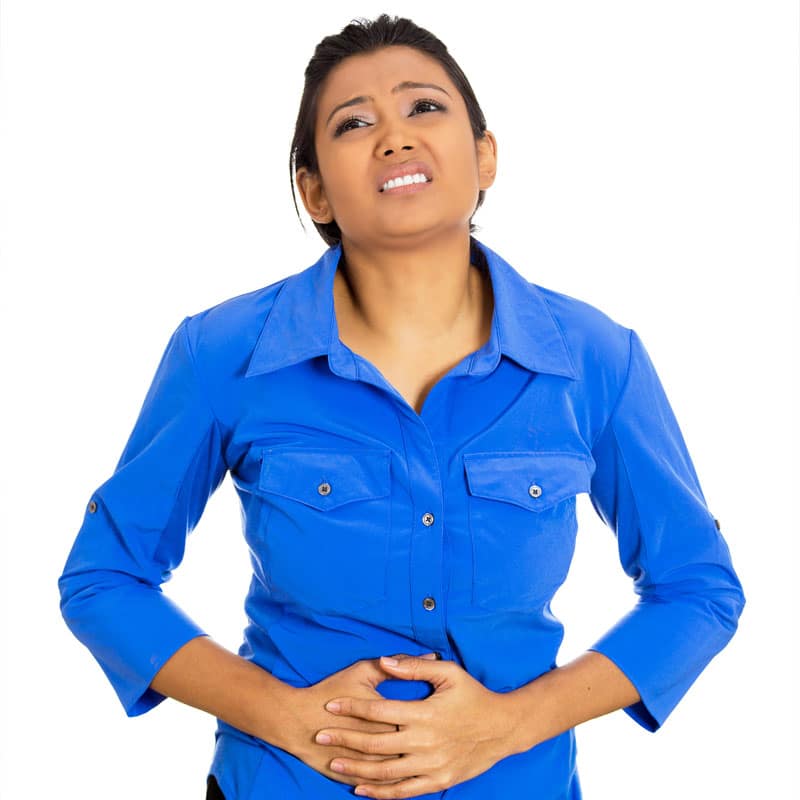index
Our bodies are simply amazing! When something isn’t right in your body, it will give you an indication. You may experience a breakout, you may experience fatigue, or your stool may have a change in appearance. When you notice changes in your stool, it can be quite disconcerting. Most of the time it is due to something you have eaten. The appearance of normal poop can vary greatly; however, if you begin to have weird poop, you may need to talk with your doctor. There are several changes that are not normal and require a prompt investigation by a healthcare professional. Learn why your stool may look strange and what may be causing your weird looking poop.
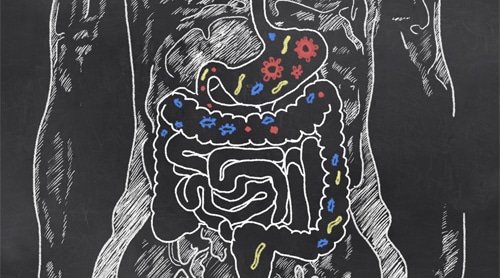
Colorful Stool
Normal stools can be a number of colors, including different hues of brown, orange, tan, or yellow. If your stool changes to a different color, you should call your doctor and tell them “my poop looks weird.” Let’s look at the different color stools and what they can be indicative of:
- Black Stool – Oftentimes black stools are caused by taking an iron supplement or eating foods that are dyed black, blue, or green. Black stool can also indicate blood from an issue in the upper gastrointestinal tract. If you have black stools with diarrhea, pain, or vomiting, contact your doctor immediately.
- Clay Colored or Pale Stool – Occasional pale or clay colored stools are usually nothing to be concerned about. Light colored stool can occur if you have a bile duct blockage or are not producing enough bile. Other reasons for light colored stool include gallstones, infections, blockages, or hepatitis.
- Green Poop – Your poop can turn green if you have eaten green foods or foods that contain blue, purple, or green food coloring. Additionally, green stool can be caused by an illness that causes loose stools or diarrhea. Although green poop is in the normal stool range, if your stool remains green, you may have other symptoms like vomiting, abdominal pain, fever, nausea, or diarrhea. Coffee, alcohol, and spicy food can also make your foods pass too quickly through the digestive tract, resulting in green colored stool.
- Red Stool – Red or maroon colored stools often indicate blood in the lower digestive tract. If you see blood in your stool, contact your doctor immediately. Blood can be caused by many things, including:
- Hemorrhoids – Typically hemorrhoids are not serious and only require over the counter medications.
- Anal Fissures – An anal fissure occurs when there is an ulceration or a tear in the anal cavity.
- Colon Polyps – Colon polyps are growths located in the colon.
- Crohn’s Disease – Crohn’s disease is an inflammatory bowel disease that affects an area of the digestive tract. It can cause GI distress along with bloody stools.
- Ulcerative Colitis – Ulcerative colitis is an inflammatory bowel disease that affects the colon. With this condition, ulcers form in the colon, leading to red or bloody stools.
- Diverticulitis – Diverticulitis cause pouches to form in the wall of your colon. Seeds can pack into the pouches and cause inflammation, infection, and large amounts of blood in your stool
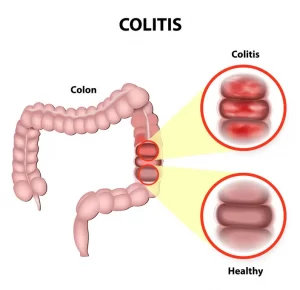
Floating Stool
Having a floating stool does not mean that something serious is going on; however, there are instances where floating feces can indicate a serious health condition. If you have intestinal gas, have made changes to your diet recently, or only experience floating stools infrequently, you typically shouldn’t be concerned.
If, on the other hand, you begin to have frequent floating stools, you need to talk with your doctor. Floating stool can be an indication you have a health condition called steatorrhea, which is a fat malabsorption issue. Steatorrhea can also cause foul smelling stools, stools with an oily appearance, and even soiling episodes.
Fat malabsorption can be caused by low amounts of bile acids or pancreatic enzymes. This can be caused by:
- Cystic fibrosis
- Gallbladder removal
- Gallstones
- Pancreatitis
- Medication side effects
Hard Stool
Hard stool is indicative of a lack of sufficient moisture in the digestive tract. Oftentimes, this is because you have waited too long to go to the bathroom. Your stool can be hard little pebbles, or those hard nuggets can lump together into a larger mass. There are many reasons why you can have a hard stool, including:

- Constipation
- Dehydration due to low water intake
- A health condition that has constipation as a symptom
- Inadequate dietary fiber in your diet
- Medication side effects
- Not going when you have an urge to have a bowel movement
Loose Stool
Loose stools have a water appearance and are often associated with diarrhea. You may feel the need to get to the bathroom as fast as possible. Loose stools become looser and more liquid as you have more and more bowel movements. Some of the most common causes of loose stool include:
- Acute or chronic stress
- An unhealthy diet
- Health conditions that list diarrhea as a symptom
- Side effects of medications
Mucus Covered Stool
Mucus is a naturally occurring substance found in the body, including the digestive tract. Although a small amount of mucus in stool can be normal, large amounts of mucus can have you asking, “why does my poop look weird?”. Excess mucus can be a sign that you have an infection or an underlying chronic health problem. The following conditions can cause excess mucus in stool:
- Bacterial infection in the digestive tract
- Celiac disease
- Crohn’s disease
- Irritable bowel syndrome
- Lactose intolerance
- Ulcerative colitis
Pencil Thin Stools
Do you have odd shaped stool? If so, it can be concerning; however, most of the time there is no need for concern. If you are continually experiencing pencil thin stools, it could be caused by:
- Colon cancer
- Diarrhea caused by inflammatory bowel disease or irritable bowel syndrome
- Enlarged prostate
- Polyps in your colon
- Scar tissue found in your colon

Holistic Gut Health
There are many causes of bowel issues. Determining what is normal and what is weird stool can be challenging. Stool comes in all colors, sizes, and shapes and can shift depending on what you are eating and any underlying health conditions. If your stool has significantly changed and does not return to normal within a couple of days, it is essential that you talk to your gut doctor. A functional medicine approach can help identify the root cause of your gut issues.












